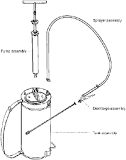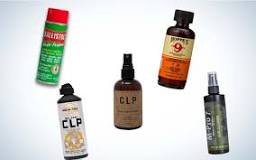Farmers typically spray pesticides during the spring and summer months, aligning with the growing season when crops are most vulnerable to pests and diseases. This timing is crucial as it allows for effective pest control, ensuring healthy crop yields.
Understanding the Timing
Spring Spraying
- Early Season: As crops begin to sprout, farmers often apply pre-emergent herbicides to prevent weed growth. This is usually done in late March to early April.
- Pest Management: In late spring, when pests like aphids and caterpillars start appearing, insecticides may be used to protect young plants.
Summer Spraying
- Peak Growth Period: From June to August, crops are at their peak growth, making them susceptible to various pests and diseases. Farmers may apply fungicides and insecticides during this time.
- Weather Considerations: Spraying often depends on weather conditions. Ideal days are calm and dry, as wind can cause pesticide drift, affecting nearby areas.
Fall Considerations
- Post-Harvest: After harvest, some farmers may use pesticides to manage leftover plant debris or prepare fields for the next planting season. This is less common but can be necessary in certain cases.
Environmental and Safety Regulations
Farmers must adhere to strict regulations regarding pesticide use. These include:
- Notification: While it’s good practice for farmers to inform nearby residents about spraying schedules, it’s not always legally required unless specified on product labels.
- Safety Measures: Farmers are trained to minimize risks associated with pesticide application, such as drift and contamination of non-target areas.
FAQ
What types of pesticides do farmers use?
Farmers commonly use three types of pesticides: herbicides (for weeds), insecticides (for insects), and fungicides (for diseases). Each serves a specific purpose in crop protection.
How do farmers decide when to spray?
Farmers consider several factors including crop growth stages, pest populations, weather conditions, and the specific pesticide’s effectiveness. They often rely on integrated pest management strategies for informed decisions.
Are there any risks associated with pesticide spraying?
Yes, risks include potential health effects on humans and wildlife if not applied correctly. That’s why farmers follow strict guidelines and regulations to ensure safety for themselves and the surrounding community.
In summary, understanding when and how farmers spray pesticides helps demystify agricultural practices. By timing applications during the spring and summer months while adhering to safety regulations, farmers aim to protect their crops effectively while minimizing environmental impact.







